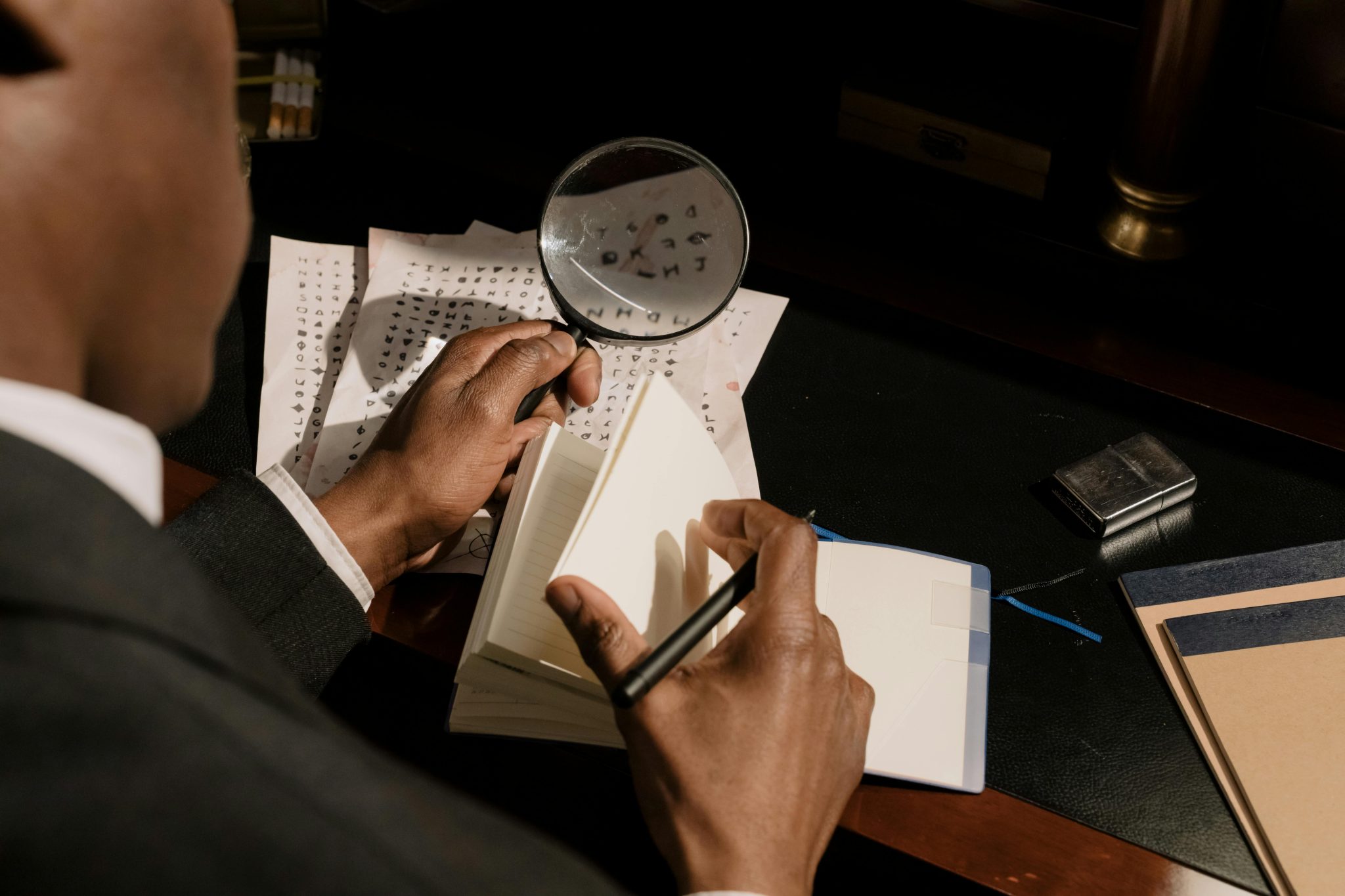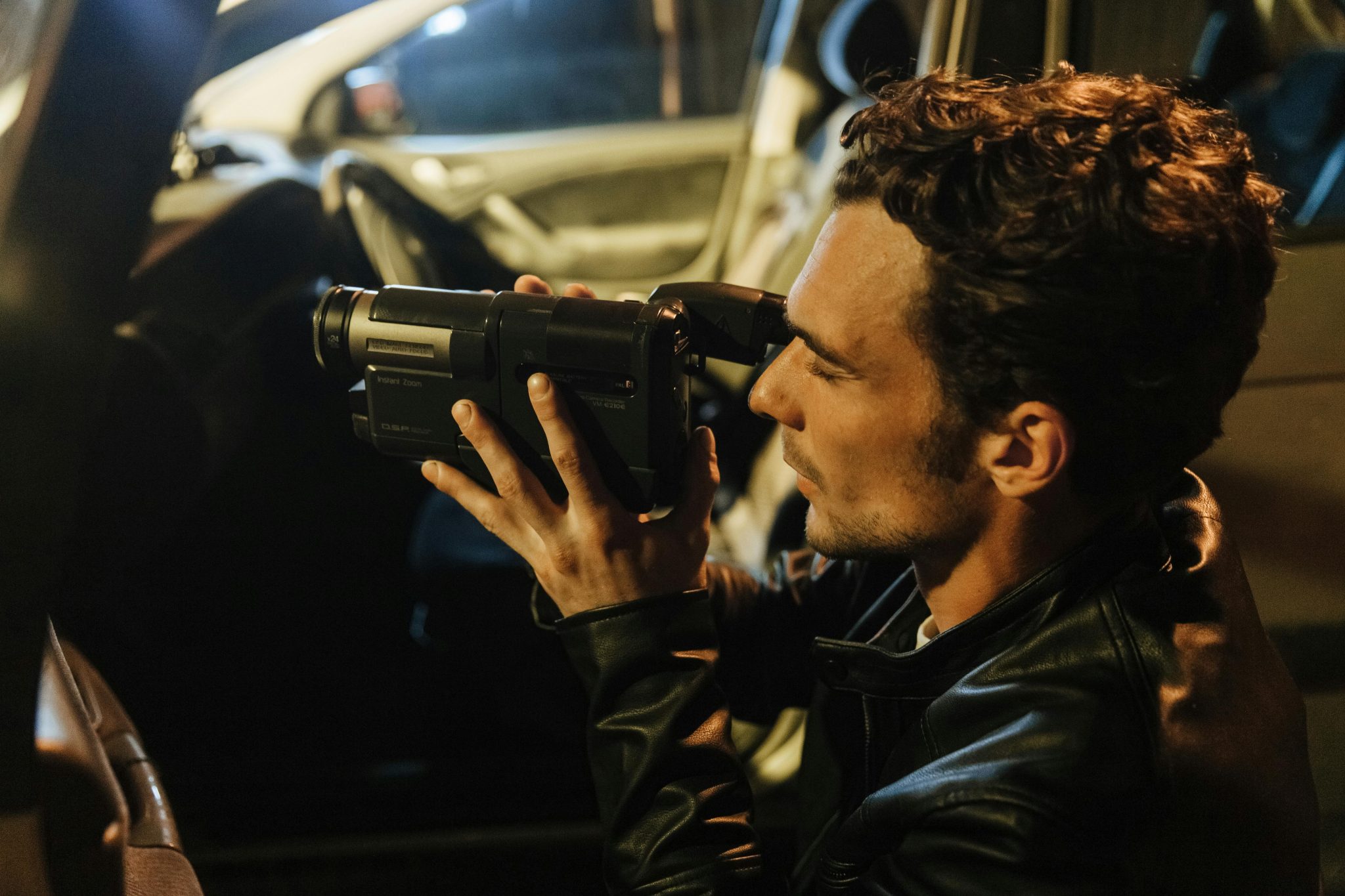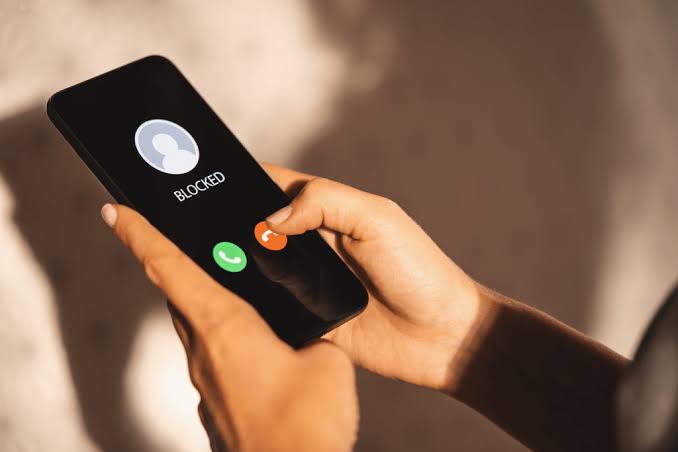Have you ever thought private investigators were just characters from Netflix dramas with some binoculars and boundary problems? Not exactly. In the UK, the job of a private investigator is heavily regulated, meaning they are, by all means, professional individuals who are not any kind of rogue agents.
It is important to understand the boundaries of a private investigator when confronting issues such as infidelity, workplace issues, or even missing persons. They cannot record your conversation, they cannot trespass, and they cannot access your social media without consent.
This blog explains the legal powers of a private investigator in the UK, allowing you to hire smart, remain protected, and get the answers you need without your matter spinning into a courtroom plot twist.
What a Private Investigator Can Legally Do in the UK
Private detectives are not exempt from the law – they just have to work within it. In the UK, they are licensed, whether required or not, and know how to obtain intelligence without breaking the law.
For instance, a private detective London can assist you in traversing these legal constraints successfully. Here’s what they can do:
Conduct Surveillance in Public Areas
They can legally watch and record other people’s actions in public spaces (for instance, a park, a café, or the streets) without obtaining consent or letting themselves be discovered by the people they monitor.
Access Public Records
They can investigate public databases, court documents, and business filings to find relevant information that may help progress their report or corroborate their suspicions.
Monitor Social Media Activity
Everything on Instagram, Facebook, or X (Twitter) that is publicly available can be used. PIs track people’s behavior, locations, and relationships without needing a single password for the service.
Perform Background Checks
Legally, investigators can confirm employment, criminal history, business connections, and more through open-source data and information made available to the public.
Interview Willing Witnesses
They can contact friends, family, or associates as long as this is done honestly and without impersonating law enforcement or using threats.
Use GPS Tracking With Consent
If a tracking device is installed on a client-owned vehicle with valid consent, then it’s permissible, no high-tech James Bond hacks necessary.
What a Private Investigator Cannot Do (Illegal Actions)

Private investigators may be good at unearthing that untruth, but they are still bound by the law. Here’s what they ultimately can’t do, regardless of how interesting the case may be.
Hack Phones or Emails
Unless consent has been given, it is illegal to access private messages, call logs, or inboxes, and the violation of such privacy can bring big problems for both the investigator and the client.
Trespass on Private Property
Yeah, so, private detectives, despite what you might’ve seen in old-school crime dramas, can’t just stomp around wherever they please. Sneaking onto someone’s property? Nope. If you’re standing on land that isn’t public or you haven’t got the okay to be there, you’re asking for trouble.
Install Hidden Cameras Indoors
Without authorisation, surveillance devices cannot be placed within intimate spaces like bedrooms, toilets, or vehicles. It violates strict privacy safeguarding laws in the UK.
Record Conversations Without Consent
Secretly video or audio taping private conversations, particularly where privacy is a reasonable expectation, is frequently illegal and can result in evidence being rejected in courts.
Impersonate Law Enforcement
PIs can’t pose as cops, government officials, or court officials to obtain information. That’s not an investigation, it’s impersonation, and it’s illegal.
Use Deception to Enter Property
Falsification to enter anyone’s house, office, or other private place is not only unscrupulous but also illegal and irreparably damages the legality of the investigation.
Why Legal Compliance Matters in Surveillance Cases

Keeps Evidence Admissible in Court
Evidence that is gathered by overstepping the legal boundaries will most probably not be permitted in a court case. Compliance ensures that when your case goes in front of a judge, it won’t be dismissed.
Protects You from Legal Trouble
If you employ a crooked, unscrupulous investigator, you may be in for a shock. If they break the law, you can also be responsible for their actions, yes, even if you didn’t know!
Maintains Personal Privacy Rights
Legal compliance respects the individual’s right to privacy. Simply put, it means that you respect personal boundaries and don’t obtain information through invasive means that break UK privacy laws and violate human rights.
Builds a Stronger Case
Compliantly collected evidence carries more credibility. Judges, lawyers, and insurers are much more impressed by clean methods than dirty or dubious ones.
Preserves Professional Credibility
A PI, a legitimate one, follows the rules. Legal compliance keeps their reputation clean and makes them appear responsible for hiring someone who knows what he is doing.
Avoids Civil Lawsuits
If an individual discovers that they were spied on illegally, they can sue for damages. Compliance with the law helps you to avoid huge fines, suits, and too much drama.
Conclusion
In the UK, hiring a private investigator is not only about getting results but also about doing it properly. Stick to doing things right, and you’ll keep your case solid, your name clean, and you might sleep easier at night, too.





















